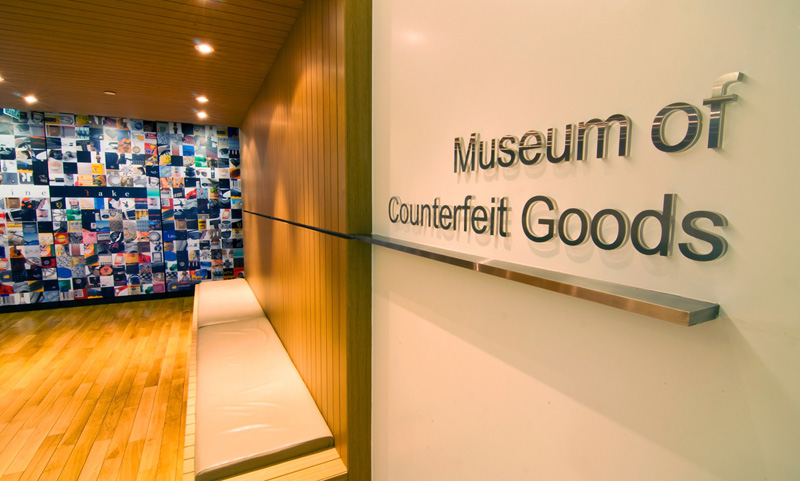A number of our clients manufacture products that sell for relatively high prices due in large part to distinguishing characteristics of our client’s company or product. In other words, the exact kind of product counterfeiters love to copy.
Not sure why, but we have been spending more time lately in helping our clients prevent counterfeiting and dealing with it once it has been discovered. Hence, this post on how to stop China counterfeiting or at least reduce it.
Here are the four keys to stopping China counterfeiting:
1. Be wary of those you know. Much counterfeiting comes from people and entities that know your product well. This could be your manufacturers, your distributers, your retailers, your own employee or an employee of a company with whom you are doing business. It therefore behooves you to do your utmost to conduct business with well-run and reputable companies and to keep your eye on them nonetheless. If possible, it also behooves you to do your best to prevent these companies from having full and unfettered access to what they need to copy your products.
2. Register your trademarks in China and in your home country, and wherever else you sell or plan to sell your product. Regular readers must be getting tired of us always saying this, but hey, it’s the truth. Why is registering trademarks so critical to protecting trademark rights in China? Because without a China trademark you pretty much do not have any rights to your own brand name or logo or slogan. Also, if you register your trademarks in China, you can then register them with China Customs, which greatly increases the likelihood of China Customs stopping counterfeits of your products from leaving China.
If you register your trademarks in the United States and then complete an Intellectual Property Rights e-Recordation (IPRR) application online, US customs will then be on guard for counterfeits of your products coming into the US. Most other countries have something similar.
It also helps to visit with China Customs and the Customs Bureau in your home country (particularly at the ports where your products are most likely to transit) to show them examples of your legitimate products and to do what you can to train them to spot counterfeits of your products.
3. Monitor, monitor, and monitor some more. Check the internet constantly to see if anyone is selling counterfeit versions of your product. At minimum, check both the Chinese language and the English language Internet. When we do this sort of monitoring for our clients, we invariably find the really big volume sellers on the Chinese Internet. Search the Internet for counterfeits of your product by name and by image.
4. Do something to stop counterfeiters once found. When we find someone on the Internet selling counterfeit versions of our clients’ products, we typically send the seller a cease and desist letter. f, as is usually the case, the seller is based in China, we send that letter in both Chinese and in English. We make clear that if the counterfeit goods seller does not immediately cease, we will pursue litigation. These letters usually work. In fact, many times, the seller will profess not to have known that they were selling counterfeit goods (and in some cases I have believed them) and they will often ask whether they can buy the real thing at wholesale for retail resale from our client or do a licensing deal. A number of our clients have walked away with decent to good deals.
In most instances, the counterfeit goods are being sold on some sort of online marketplace such as eBay or Amazon or Alibaba or Taobao, or — in many cases — some lesser known Chinese online marketplace. The bigger name marketplaces (American and Chinese) have procedures for removing counterfeit goods from their sites. The Chinese sites remove the counterfeits only if you can prove you have a Chinese trademark and the American sites generally require proof of an American trademark.
If the above actions do not achieve your desired results, you should consider suing somebody somewhere to stop the counterfeiting.
What do you think?

























